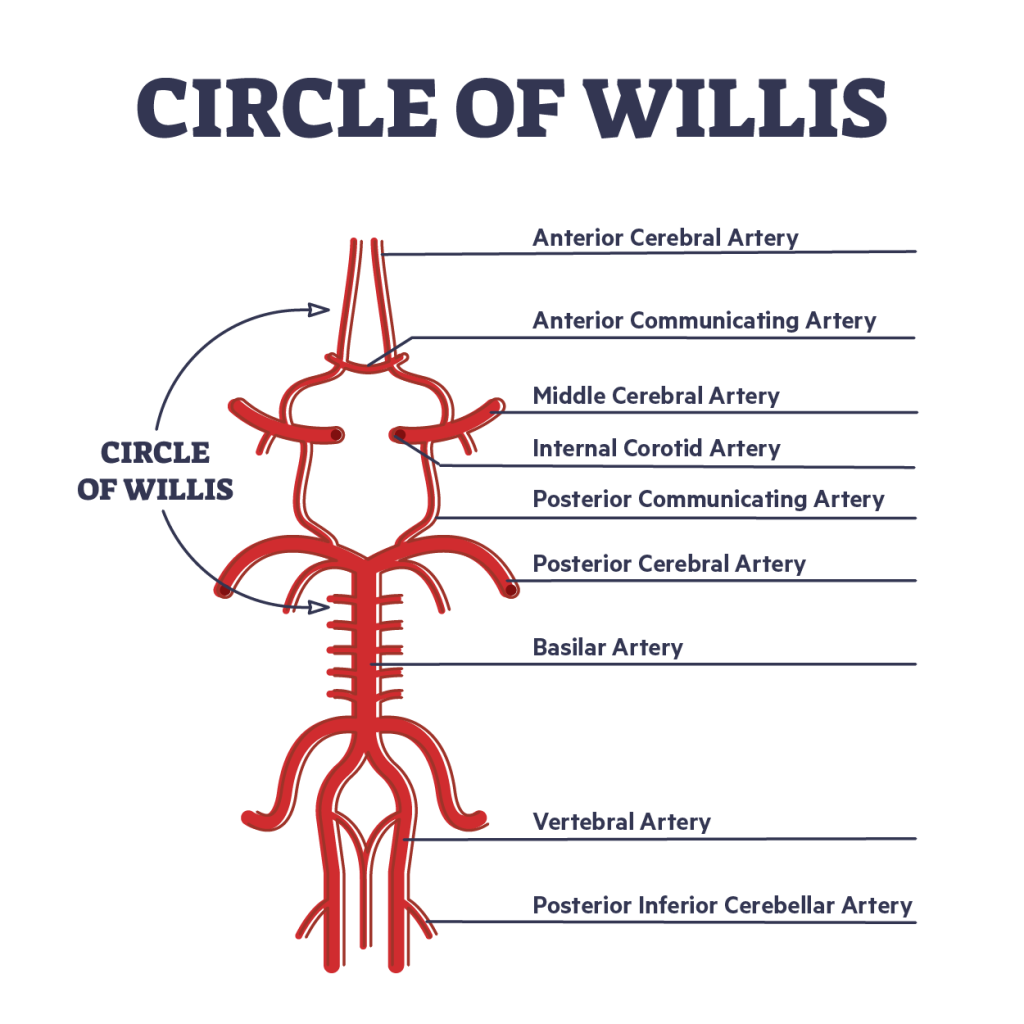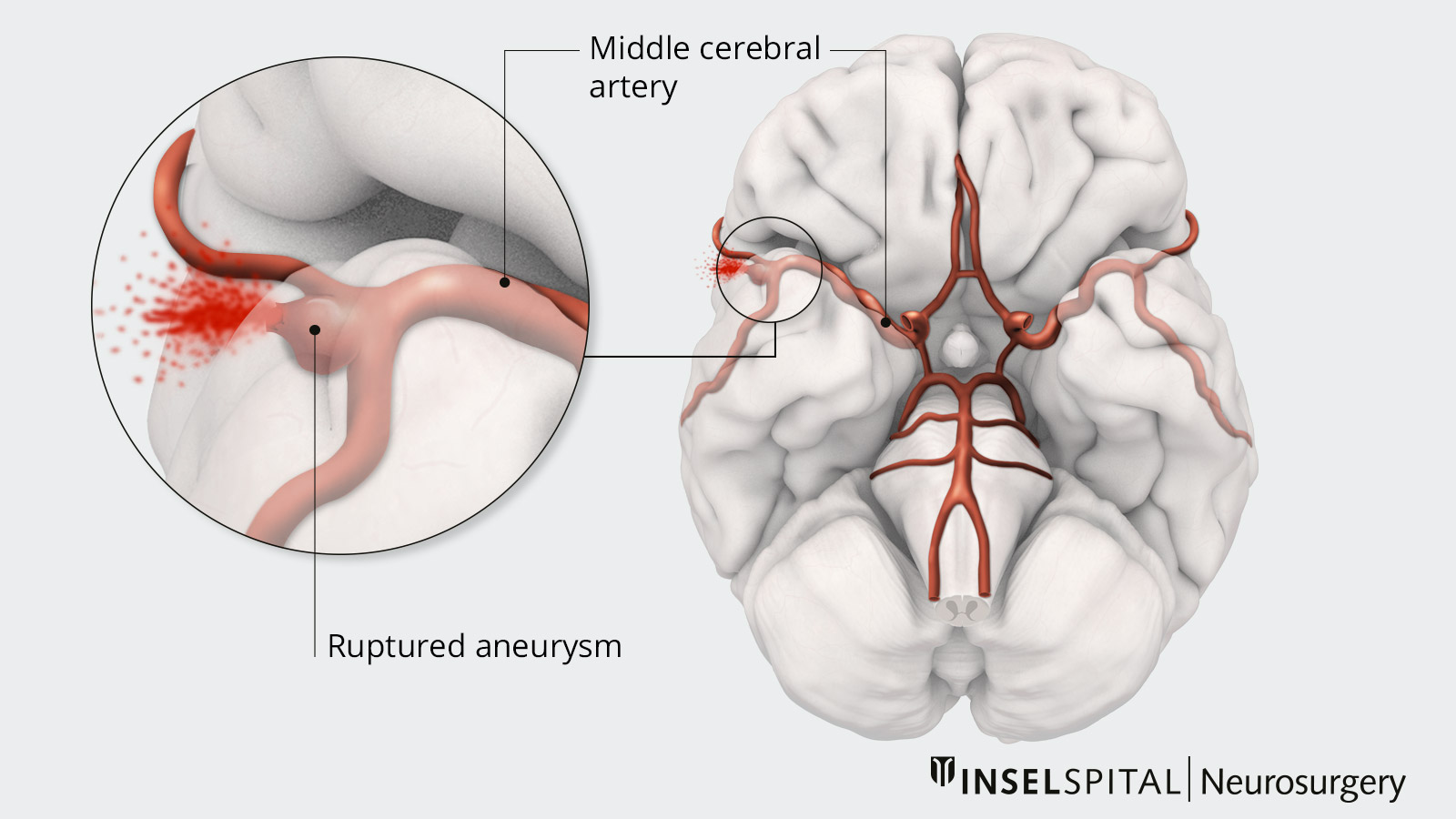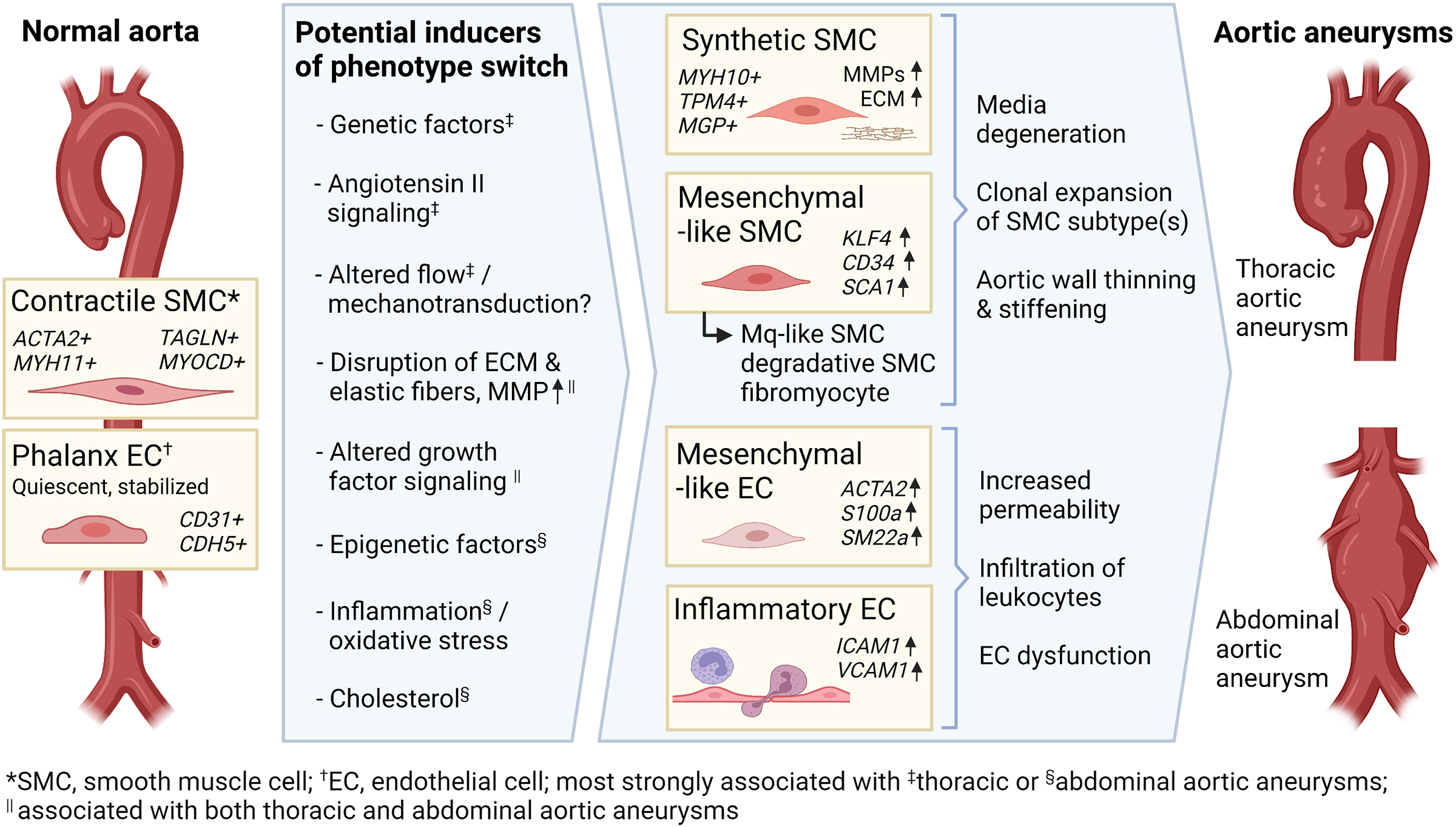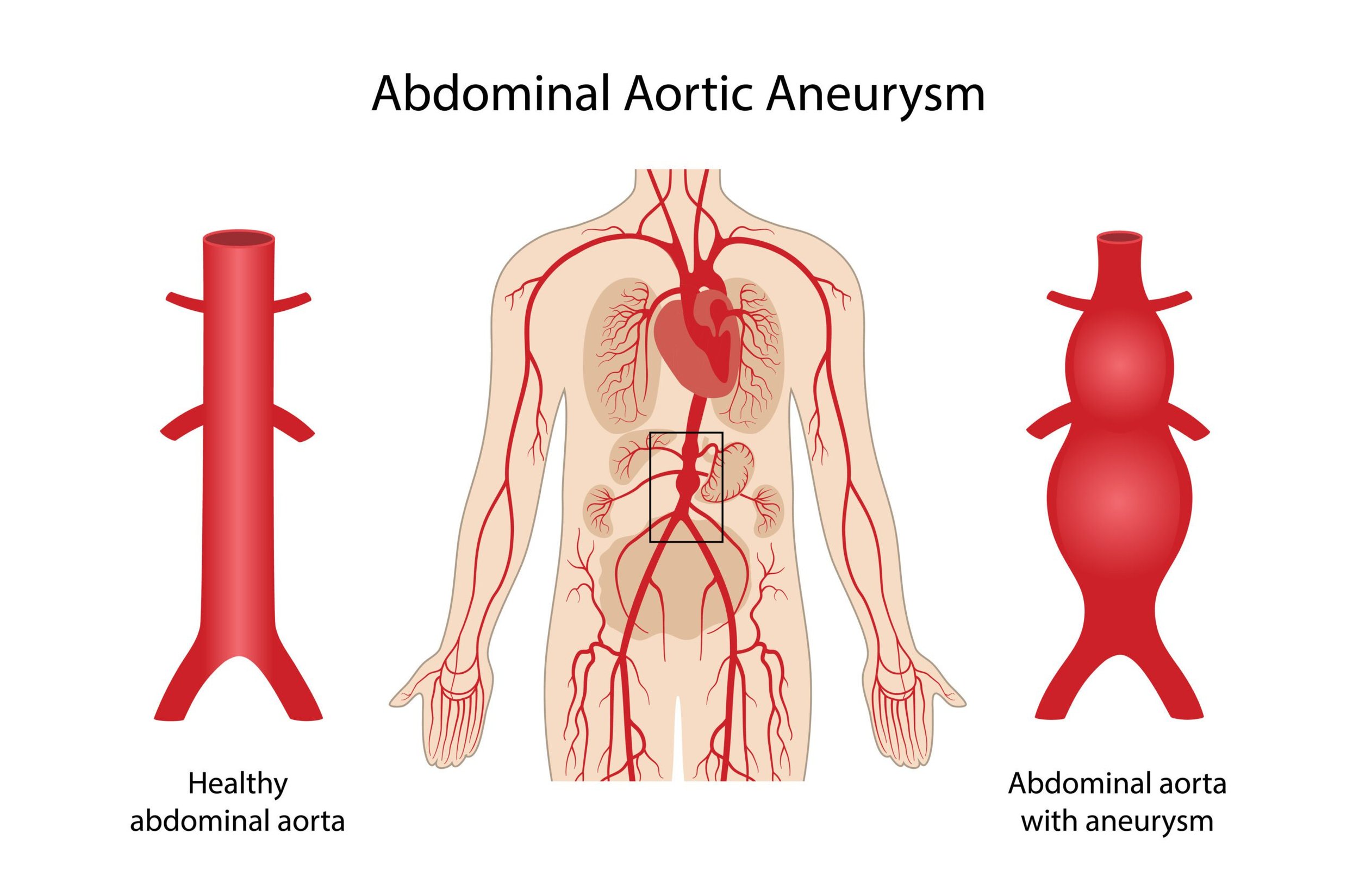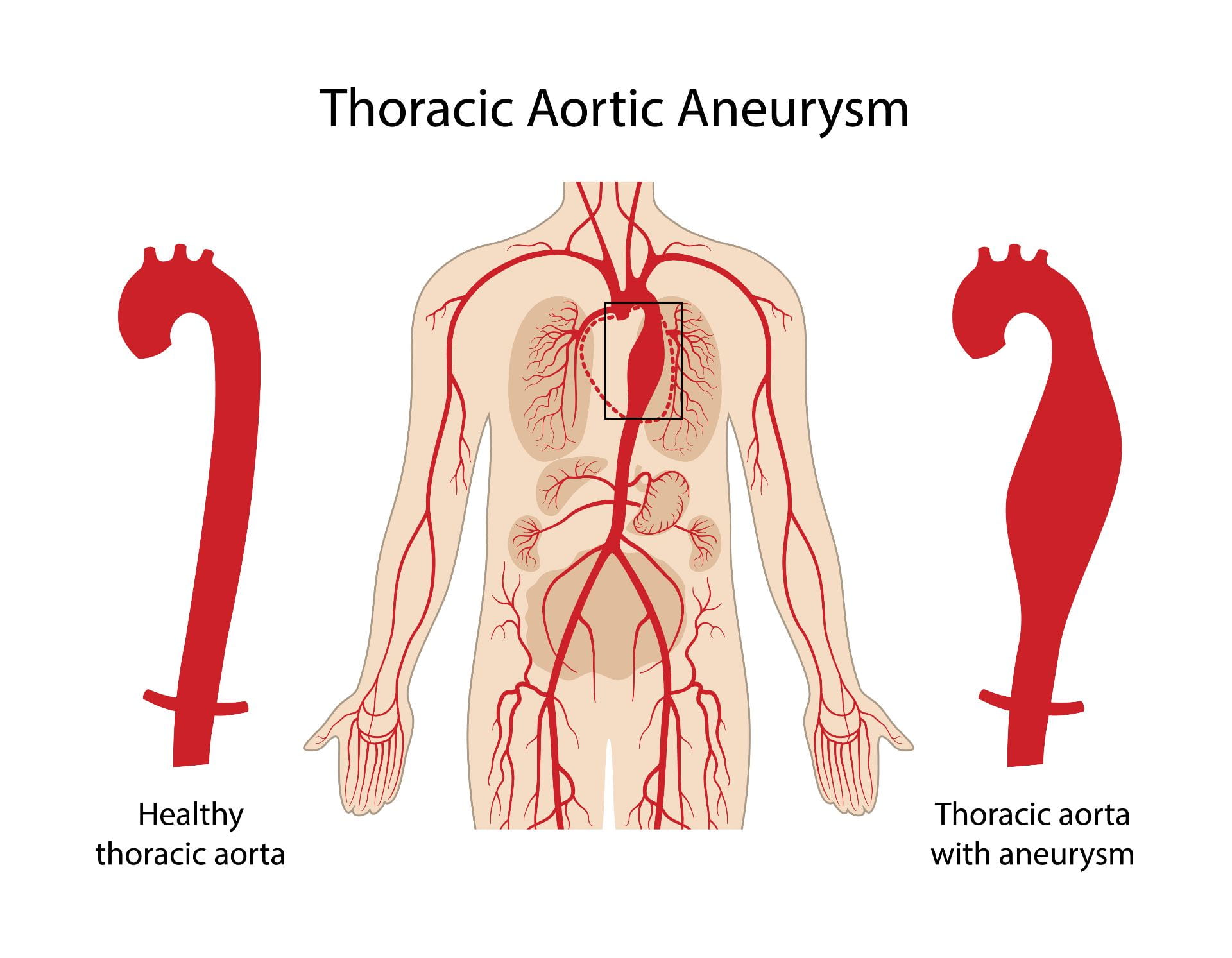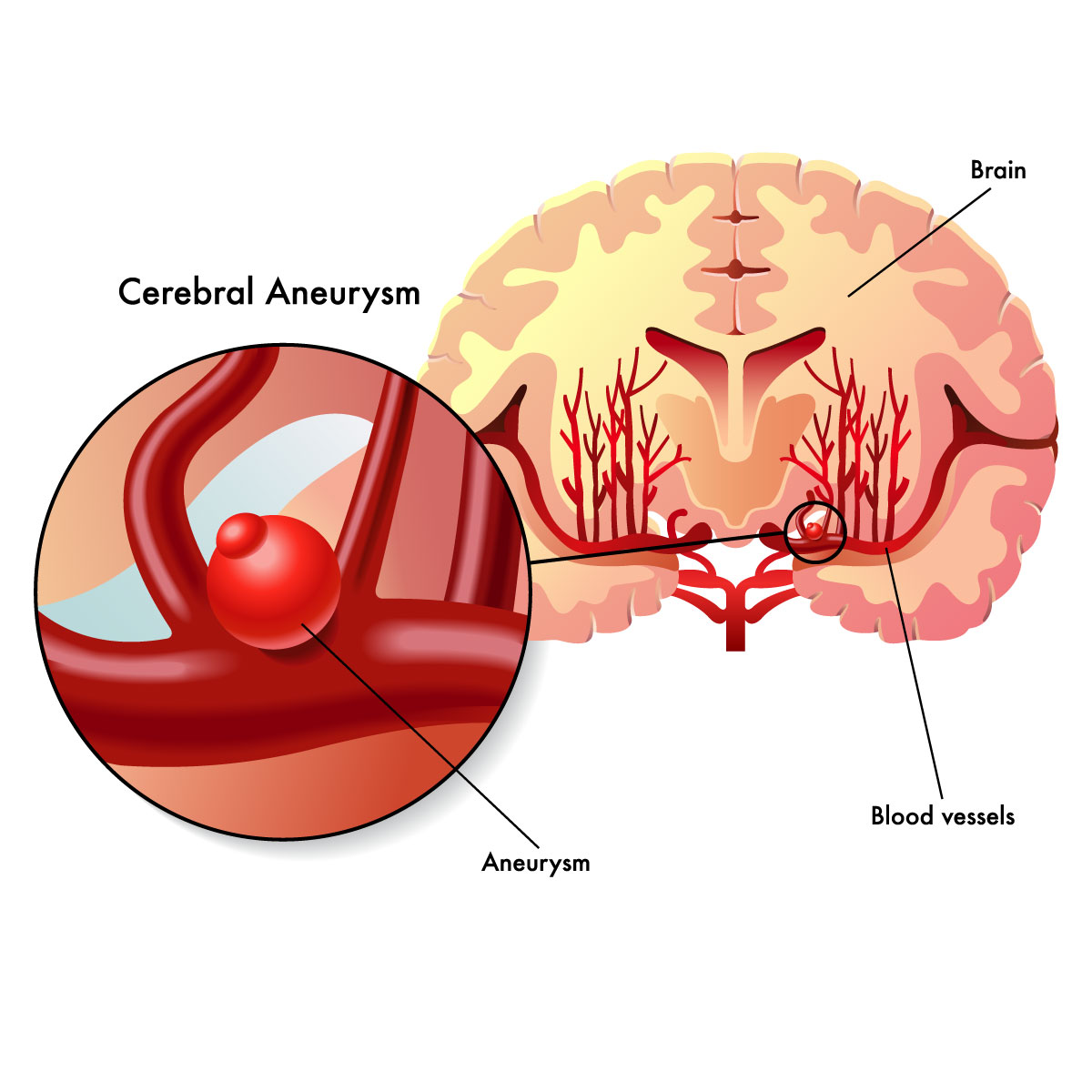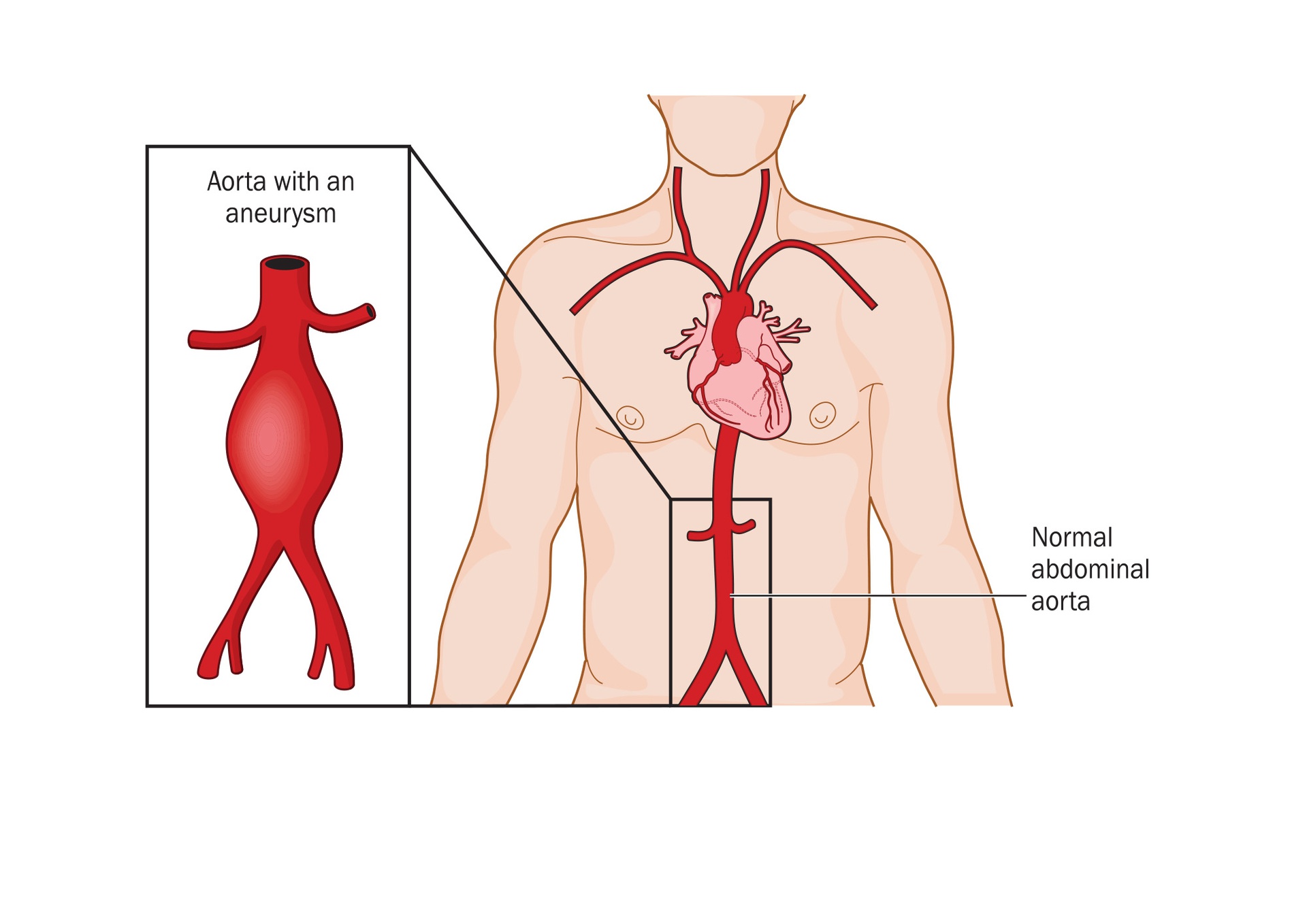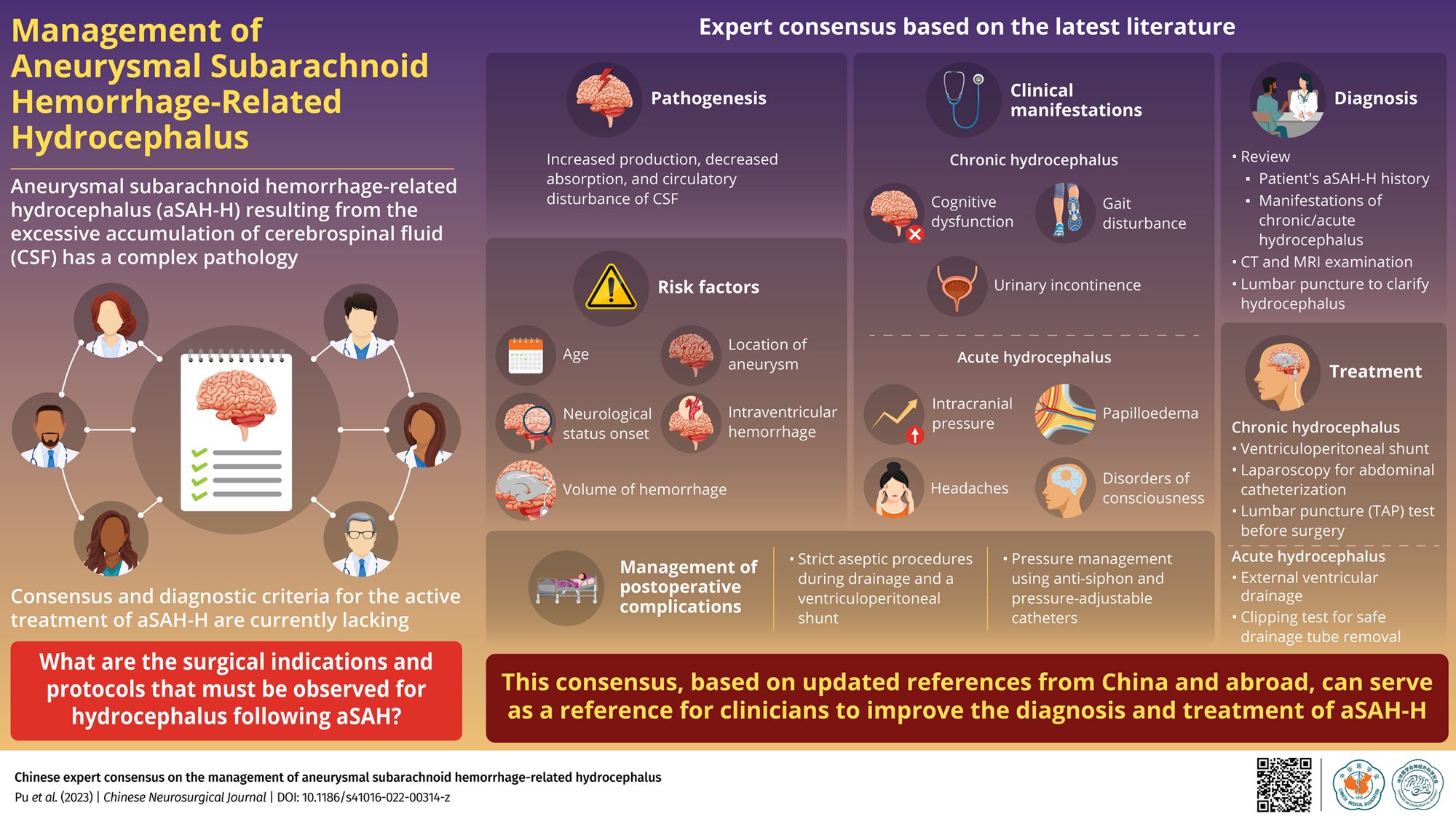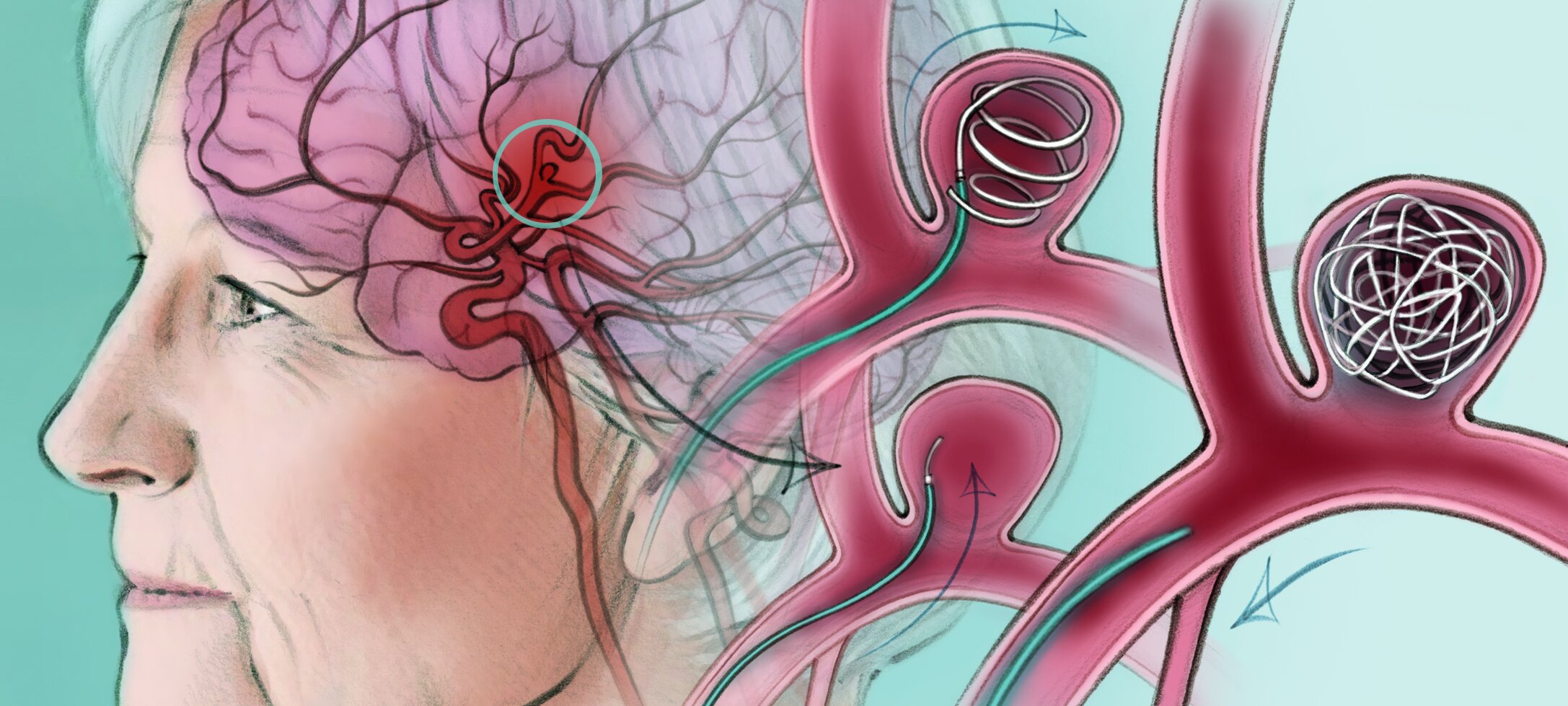
Key facts
- An aneurysm is a bulge in a blood vessel wall.
- An aneurysm can be harmless, as long as it doesn’t rupture (burst).
- Aneurysms can occur anywhere in your body.
- You can help reduce your chance of getting some aneurysms by eating a healthy diet, stopping smoking, exercising and taking medicines for high blood pressure.
What is an aneurysm?
An aneurysm is a bulge caused by a weakening of the blood vessel wall. It can happen in any blood vessel, but is seen more often in arteries.
Aneurysms can be harmless. It probably won’t cause you any problems as long as it doesn’t rupture (burst).
Sometimes aneurysms burst because the vessel wall is weakened. This can be very dangerous, causing bleeding and even death.
Aneurysms can occur anywhere. But there are 2 main types that are very serious:
- aortic aneurysms
- brain aneurysms (also called cerebral aneurysms)
Aortic aneurysms occur in your aorta. This is the main artery that carries blood from your heart to the rest of your body. Aortic aneurysms can affect the part of the aorta in the chest (thoracic aortic aneurysm) or the abdomen (abdominal aortic aneurysm — AAA).
Brain aneurysms affect the blood vessels in your brain.
Aneurysms can occur at any age but are more common in adults.
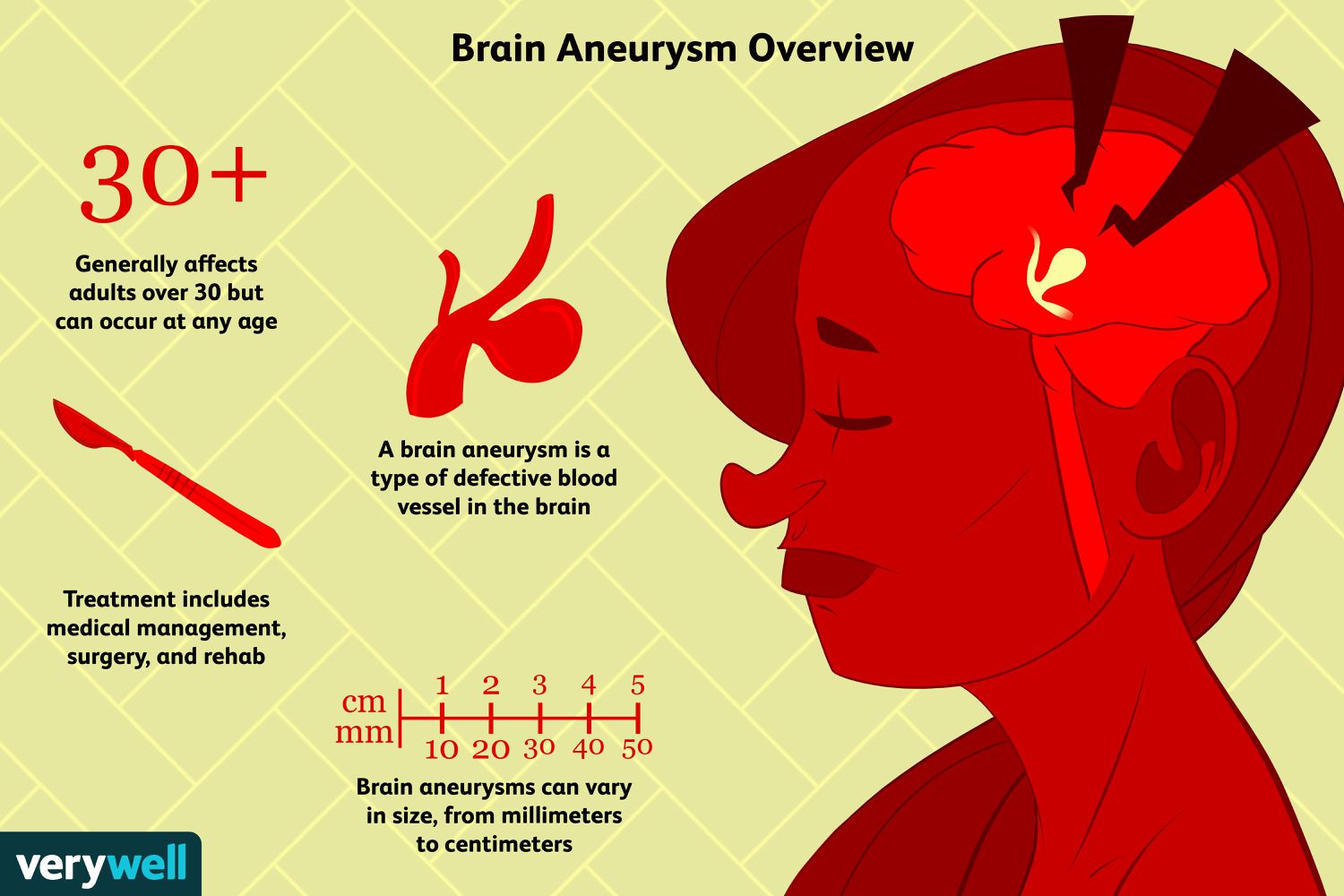
What are the symptoms of an aneurysm?
An aneurysm may have no symptoms (asymptomatic) until it is either very large or it ruptures (bursts).
The symptoms of an aneurysm depend on:
- which blood vessel is affected
- whether it leaks (bleeds) or ruptures (bursts)
What causes an aneurysm?
In some people aneurysms are congenital — that is, you are born with them. Aneurysms are also more common in some families.
Aneurysms are often due to a gradual weakening of the wall of an artery or vein. Your risk of some types of aneurysms may be increased if you:
- are a smoker
- have high blood pressure
- have high cholesterol
An aneurysm can be caused by an accident or injury that damages the artery or vein. This could be a head or chest injury. It can also sometimes be caused by an infection.
They can also occur with certain medical conditions such as:
- atherosclerosis (hardening of the arteries)
- polycystic kidney disease
- some connective tissue disorders
How are aneurysms diagnosed?
Most aneurysms are found accidentally. This might happen when you are having tests for other health problems.
If you have a family history of aneurysms your doctor may screen you using the following techniques:
- abdominal aortic aneurysm — ultrasound scan
- brain aneurysm — MRI or CT scan
- thoracic aortic aneurysm — echocardiogram, CT or MRI scans
How are aneurysms treated?
Treatment will depend on the type of aneurysm and where it is in your body.
If you have a small aneurysm, you may need to have regular check-ups to check its size and your health.
The larger your aneurysm, the greater the chance that it will burst.
Your doctor may talk about ways you can help stop it from bursting. These may include:
- stopping smoking
- treating high blood pressure and high cholesterol
- cutting down on alcohol
- not lifting heavy weights
You may need surgery if your aneurysm:
- grows
- bursts
- your doctor thinks it’s likely to burst
If your aneurysm bleeds or bursts, you will need emergency treatment in hospital.
Can aneurysms be prevented?
Adopting healthy habits can help prevent some aneurysms forming. Try to:
- eat a healthy diet
- stop smoking
- exercise
- take medicines as prescribed for high blood pressure
Complications of aneurysms
If there is a small leak of blood from the aneurysm it can cause:
- a sudden headache and nausea — if the aneurysm is in your brain
- a sudden pain in your stomach or back — if the aneurysm is in your abdomen
If the aneurysm bursts, it is very serious and can be fatal (cause death).
- If a brain aneurysm bursts, it can cause a sudden, very bad headache, nausea and vomiting. The person may become unconscious.
- If an aortic aneurysms bursts, you may get a sudden pain in your back or stomach and feel very weak. You may black out.
